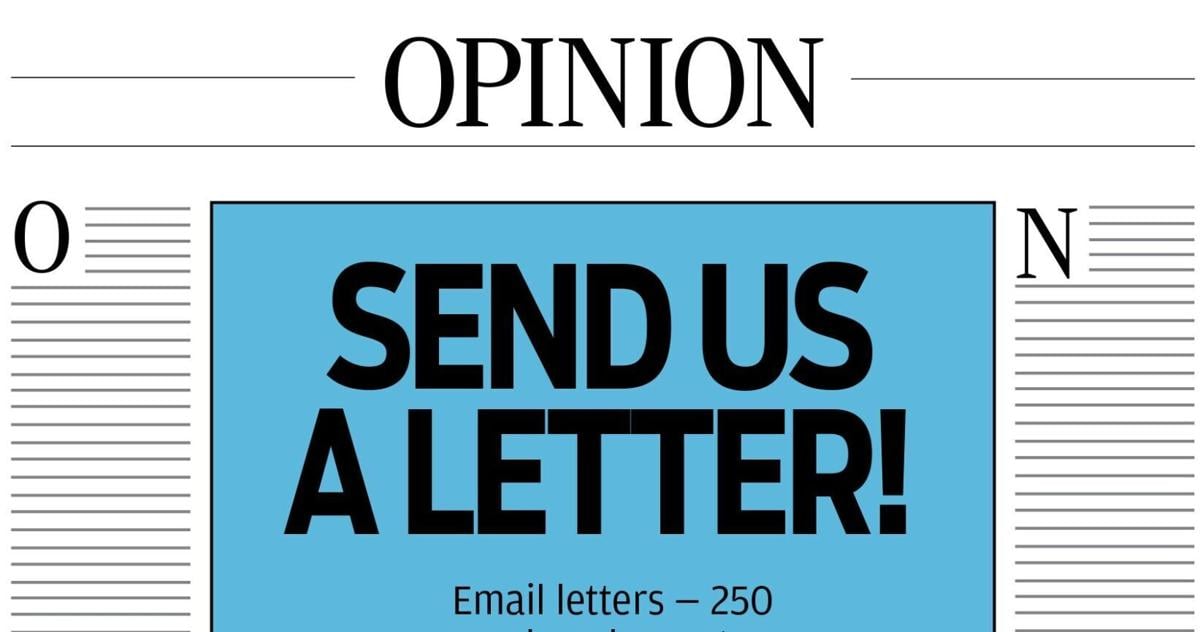Governor J.B. Pritzker faces criticism for his stance on gerrymandering, particularly following his recent comments directed at Texas Republicans. The Illinois governor condemned the redistricting practices in Texas while facing accusations of hypocrisy regarding his own state’s congressional map, which was drawn under his administration.
In 2021, Illinois Democrats created a congressional map that allocated 14 out of 17 seats to their party. This decision drew significant backlash from independent analysts, who rated the map an “F” for fairness. Critics argue that this action contradicts Pritzker’s earlier commitment to veto any congressional maps crafted by politicians, a promise he did not uphold.
Jan Weber, the chair of the 16th District State Central Committee in Geneseo, highlighted the inconsistency in Pritzker’s actions. In a letter to local media, Weber stated that before criticizing other states for their redistricting practices, the governor should reflect on the standards he applies to Illinois.
Pritzker’s recent remarks and potential plans to redraw Illinois congressional maps in response to Texas have raised concerns about political maneuvering. Critics assert that such actions constitute a departure from good governance, marking a focus on political gain rather than fairness in representation.
As the debate over gerrymandering continues, Pritzker’s administration is likely to face scrutiny from both political opponents and constituents who expect accountability and adherence to fair electoral practices. The governor’s actions may have lasting implications on public trust and the integrity of the electoral process in Illinois and beyond.
Ultimately, the discussion surrounding gerrymandering not only reflects the complexities of political strategy but also underscores the importance of ethical leadership in shaping democratic institutions.
